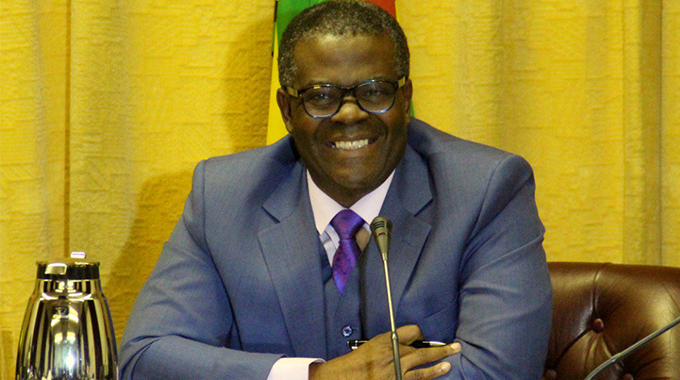
Prosper Ndlovu
GOVERNMENT has called on the private sector to come on board and help increase investment in the energy sector to buttress attainment of an upper middle-income economy by 2030, which will require about 11 500MW of electricity.
Generating electricity to such a level requires collective efforts in taping into different opportunities in the sector, and Government cannot do that alone, Energy and Power Development Minister, Fortune Chasi, said yesterday.
He noted that the existing installed generation capacity of 2 260MW does not match the ambitious dream, which points to the need for aggressive efforts in rolling out several new energy projects.
At present Zimbabwe is facing an acute power deficit on the back of reduced power generation capacity at the giant Kariba Hydro-Power Station due to drought-induced depleting water levels and ageing equipment at the main thermal stations.
“I should point out at this juncture that an upper middle-income society of 2030 is estimated to require about 11 500MW of power,” said Minister Chasi in a speech read on his behalf by his deputy, Magma Mudyiwa, at the on-going Water, Sanitation, Industry and Energy conference in Bulawayo.
“With the current installed capacity of 2 260MW we have, the work in front of us is really challenging. Therefore, Government requires industry to come on board and augment Zesa efforts so that we can transform this country. Working together, we can achieve self-sufficiency in the energy sector.”
Zimbabwe’s generation capacity has recently dropped to below 1 000MW and the deficit is being covered through imports from regional producers. While acknowledging the crippling impact of the pro-longed load shedding regime that has seen some places going for more than 15 hours without power, Minister Chasi said the problem was not insurmountable.
He said numerous opportunities exist — spanning from solar, thermal, wind, biogas and geothermal energy projects. Already Government has come up with a package of incentives for all the people who are investing in the sector. Through the Ministry of Finance and Economic Development, Government awards national project status, tax holidays, duty free importation on capital equipment and some renewable energy equipment.
In the medium to long term, the country is working on the US$1,5 billion Hwange units 7 and 8 expansion, set to add 600MW into the national grid. It is also pursuing the development of the 1 200MW Batoka Gorge Hydro-electric project. The power utility, Zesa, is also rolling out smart metering programmes targeting large power consumers among other independent power projects.
